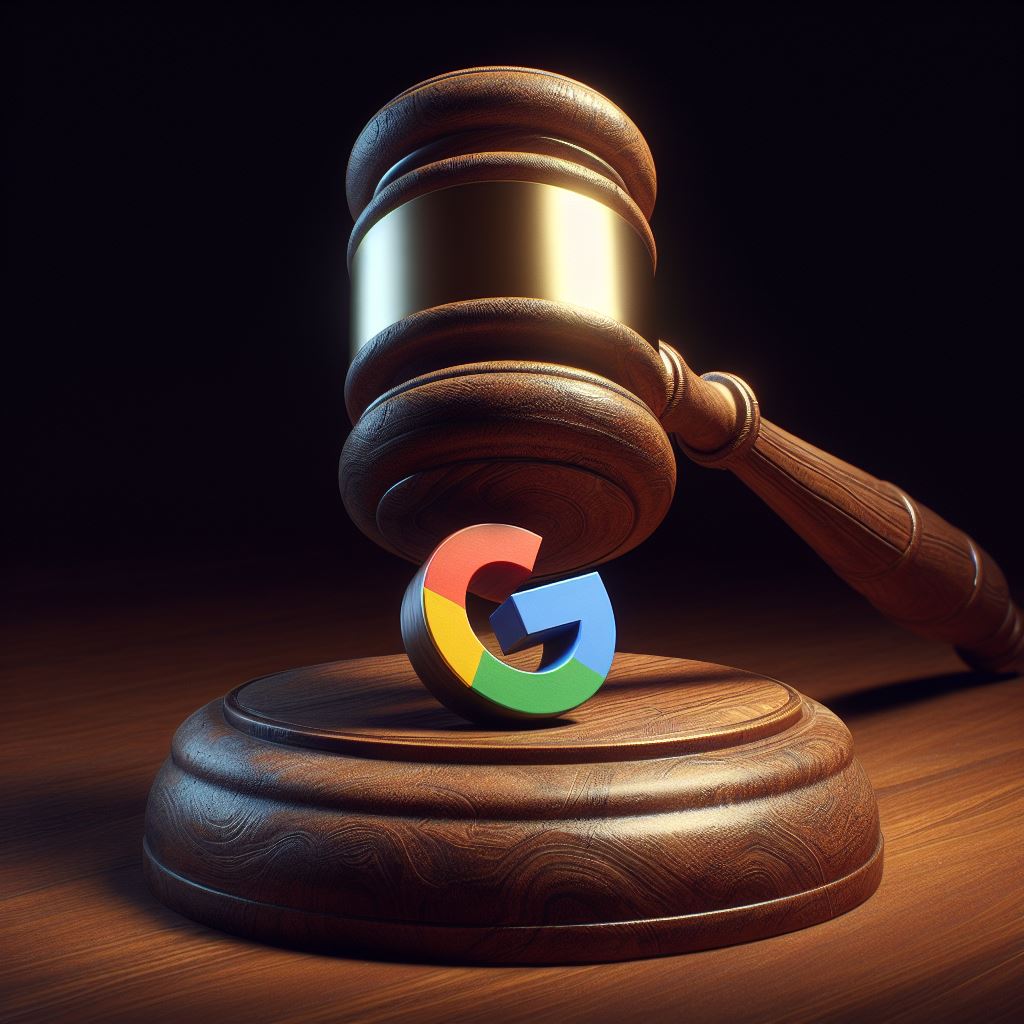The Lamen
Explained: Epic Games wins antitrust lawsuit against Google

The jury rewarded Epic Games for its yearslong quest to upend Google’s monopoly over app store purchases, damaging the search giant’s reputation and rewarding a win to all developers.
Photo: Bing Image Generator
Google violated antitrust laws to limit competition from Fortnite-maker Epic Games and other app developers on the Google Play store, a nine-person federal jury found Monday.
Throughout the trial, Google argued that it competes “intensely on price, quality, and security” against Apple’s App Store. However, evidence throughout the trial showed how Google incentivized streamers like Spotify and Netflix to pay a lower cut or simply bypass Play Store fees altogether, approached major game developers with an initiative called Project Hug that invested money to stop them from going rogue, and even offered lucrative revenue-sharing deals to Chinese OEMs.
The lawsuit next moves to a remedies phase in January, where a judge will hear arguments and decide whether (and if yes, how) Google’s business practices need to change.
“We plan to challenge the verdict,” said Google’s VP of Government Affairs & Public Policy Wilson White, adding that “we will continue to defend the Android business model and remain deeply committed to our users, partners, and the broader Android ecosystem.”
Why did Epic Games file a lawsuit against Google (and Apple)?
Back in 2020, Fortnite was pulled from Apple’s App Store and the Google Play Store after Epic added the option for users to purchase the game’s virtual currency directly from Epic — violating the rules of both companies. Epic sued both in response, also releasing a video encouraging users to help #FreeFortnite.
Google charges app developers a 15 percent fee on subscriptions for apps that users pay for through the Play Store, and even a 30 percent cut on in-app purchases — something critics have termed as “Google tax.”
Epic has long remained critical of these app store commissions, even refusing to offer Fortnite on Google’s Play Store until April 2020. The free-to-play Fortnite makes money by selling in-game items and its virtual currency, V-Bucks — and had already generated $1.2 billion in App Store spending by 2020, resulting in attractive commissions for Apple. It was this cut that Epic looked to bypass: calling App Store and Play Store rules anti-competitive and illegal.
While Epic lost most of its case against Apple at trial and the subsequent appeal, the story panned out differently for Google — the jury siding with Epic Games on all 11 questions in a monthlong trial.
What was the jury’s verdict?
The San Francisco jury ruled that “Google has monopoly power in the Android app distribution markets and in-app billing services markets, that Google did anticompetitive things in those markets, and that Epic was injured by that behavior,” as per The Verge.
The cumulative evidence showed that Google offered lucrative deals to make phone makers and major app developers stick with it, rather than compete for app store cash.
After deliberating less than four months following a monthlong trial, the jury sided with Epic on all counts:
- Epic proved the existence of a relevant antitrust market
- Epic proved that Google willfully acquired or maintained monopoly power by engaging in anticompetitive conduct in any market
- Epic proved that it was injured as a result of Google’s violation of the antitrust laws
- Epic proved that Google entered into one or more agreements that unreasonably restrained in a relevant antitrust market
- Epic proved that Google unlawfully tied the use of the Google Play Store to the use of Google Play Billing
In a statement, Epic called the verdict “a win for all developers and consumers around the world,” adding that it “proves that Google’s app store practices are illegal and they abuse their monopoly to extract exorbitant fees, stifle competition and reduce innovation.”
What’s next?
The historic relief offers Epic some relief after its multi-year quest to bypass the app store commissions — which ended in a lost battle against Apple two years ago.
However, we don’t yet know what Epic has actually won since the game developer never sued for monetary damages, as The Verge noted.
It will be an uphill battle for Google if it seeks to overturn the decision, especially after such a clear verdict. The shady business that took place behind the curtains undermines the search giant’s authority, and could force it to alter its current app store rules — making it easier for developers to bypass the in-app commissions.
Things could turn even worse for Google as a federal judge starts hearing the claims from the Justice Department and a group of US states that argue Google abused its power as a monopoly — accusing Google of illegally using partnerships with phone makers and browser companies to shut down rival search engines.
If Google is found violating said laws, the Justice Department could forbid the search company from signing exclusive agreements that give its search engine more prominence over competitors.